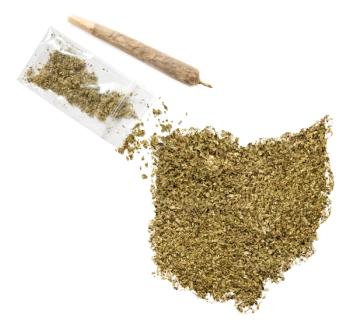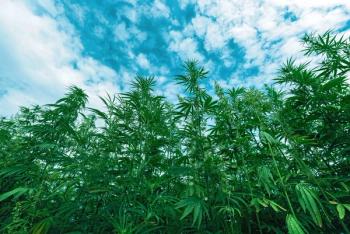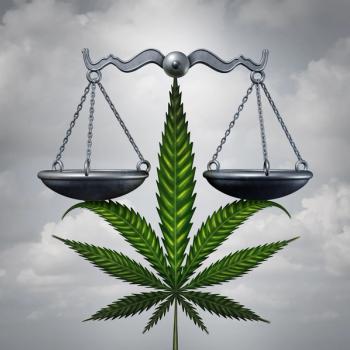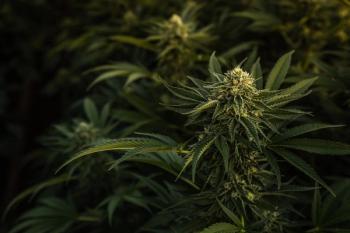
Portland City Council Votes to Partially Decriminalize Psychedelics
In Maine, a Portland City Council voted to partially decriminalize psychedelics.
Psychedelic Week recently reported that Bay Staters for Natural Medicine worked with New England Veterans for Plant Medicine and Decriminalize Maine, a newly established nonprofit, to decriminalize naturally occurring psychedelics in Portland, Maine (1).
In September 2023, the Health and Human Services and Public Safety Committee of the Portland City Council passed legislation in a 3-0 vote, crafted after other laws passed in six Massachusetts cities that deprioritize the enforcement of criminal penalties linked to psychedelics (1).
This October, the Portland City Council officially passed the resolution which partially decriminalized psychedelics in a 6-3 vote. By passing this new legislation, it shows a new acceptance towards psychedelics and how prioritizing criminal penalties are not the answer to reform. Through this groundbreaking approval, Portland has become the first city in Maine to partially decriminalize psychedelics.
“The opinion that we’re expressing here,” Councilor Anna Trevorrow said at the legislation’s meeting (2), “is that use of psychedelic plants and fungi should be deprioritized by our criminal justice system in order to facilitate access to people who need this for a public health benefit.”
Previously, communities in New England and Bay Staters for Natural Medicine tried working with lawmakers in six Massachusetts cities on related measures (1).
Reported in Marijuana Moment, “The resolution maintains ‘that City of Portland departments, agencies, boards, commissions, officers or employees of the city should avoid using city funds or resources to assist in the investigation, criminal prosecution or the imposition of criminal penalties’ for the covered activity. The substances would remain illegal under state law, but the city would deprioritize enforcement.”
At the meeting, Wendy Chapkis, a sociology professor at the University of Southern Maine and board member of Decriminalize Maine said (2), “While these substances aren’t dangerous in terms of things like addiction or overdose risk, they are powerful, and it’s important that people can consume them in safe and supportive environments,” Chapkis added, “Decriminalization will make that much more likely.”
The newly passed legislation will now make psychedelics “the lowest law enforcement priority” in the city of Portland, Maine (2).
References
- Marks, M.
https://www.psychedelicweek.com/p/portland-maine-council-decriminalize-psychedelic (accessed Oct 12, 2023). - Adlin, B. Maine’s Biggest City Passes Legislation to Decriminalize Psychedelic Plants and Fungi
https://www.marijuanamoment.net/maines-biggest-city-passes-legislation-to-decriminalize-psychedelic-plants-and-fungi/ (accessed Oct 12, 2023).
Newsletter
Unlock the latest breakthroughs in cannabis science—subscribe now to get expert insights, research, and industry updates delivered to your inbox.





